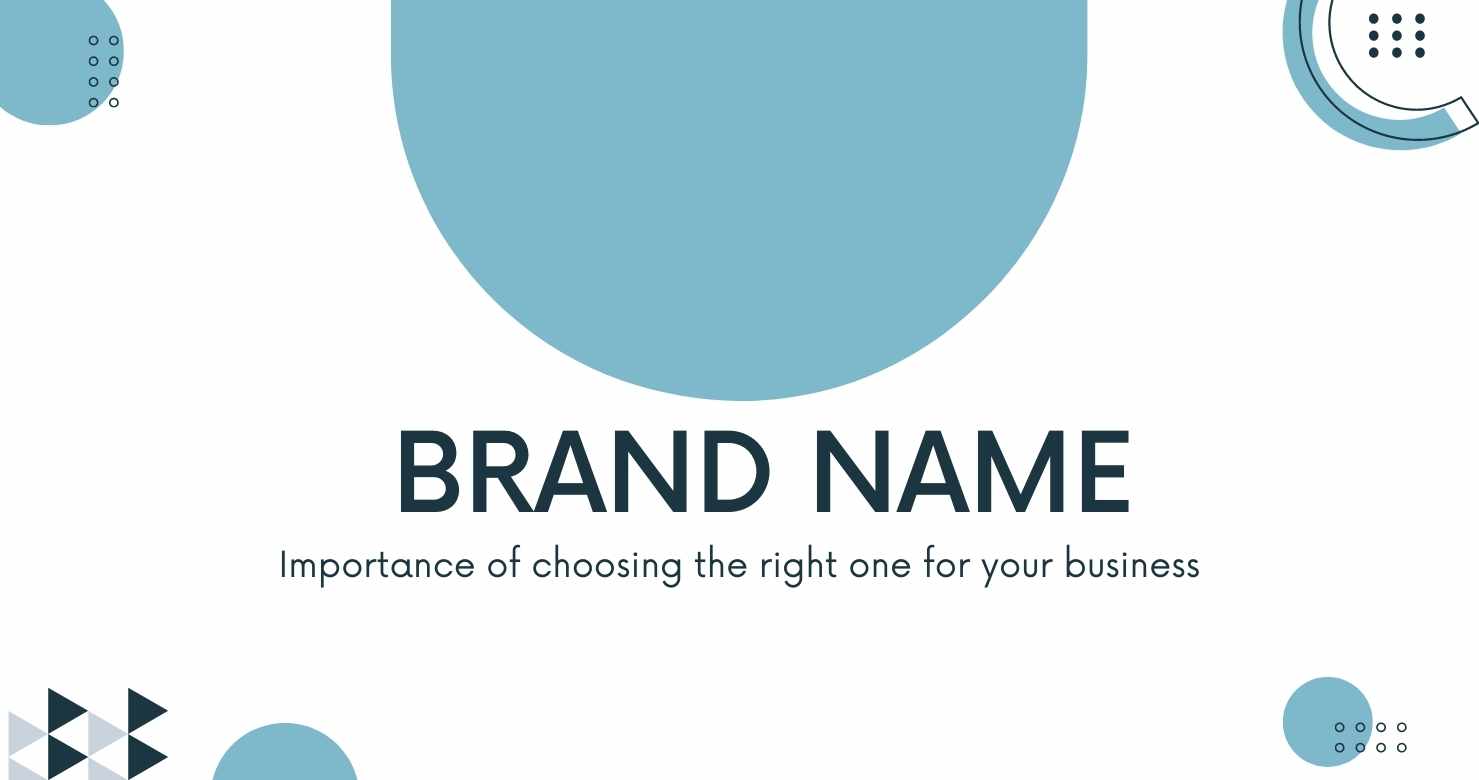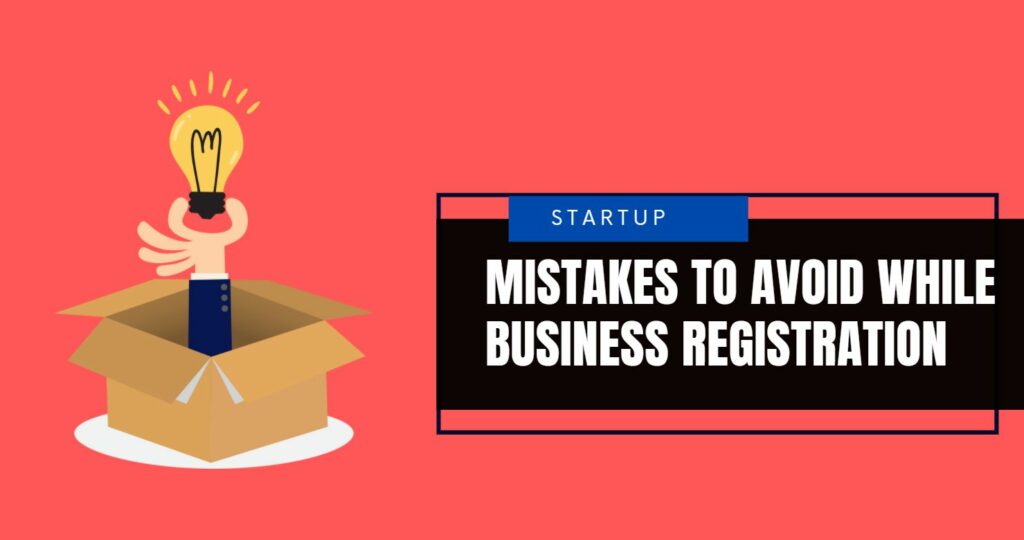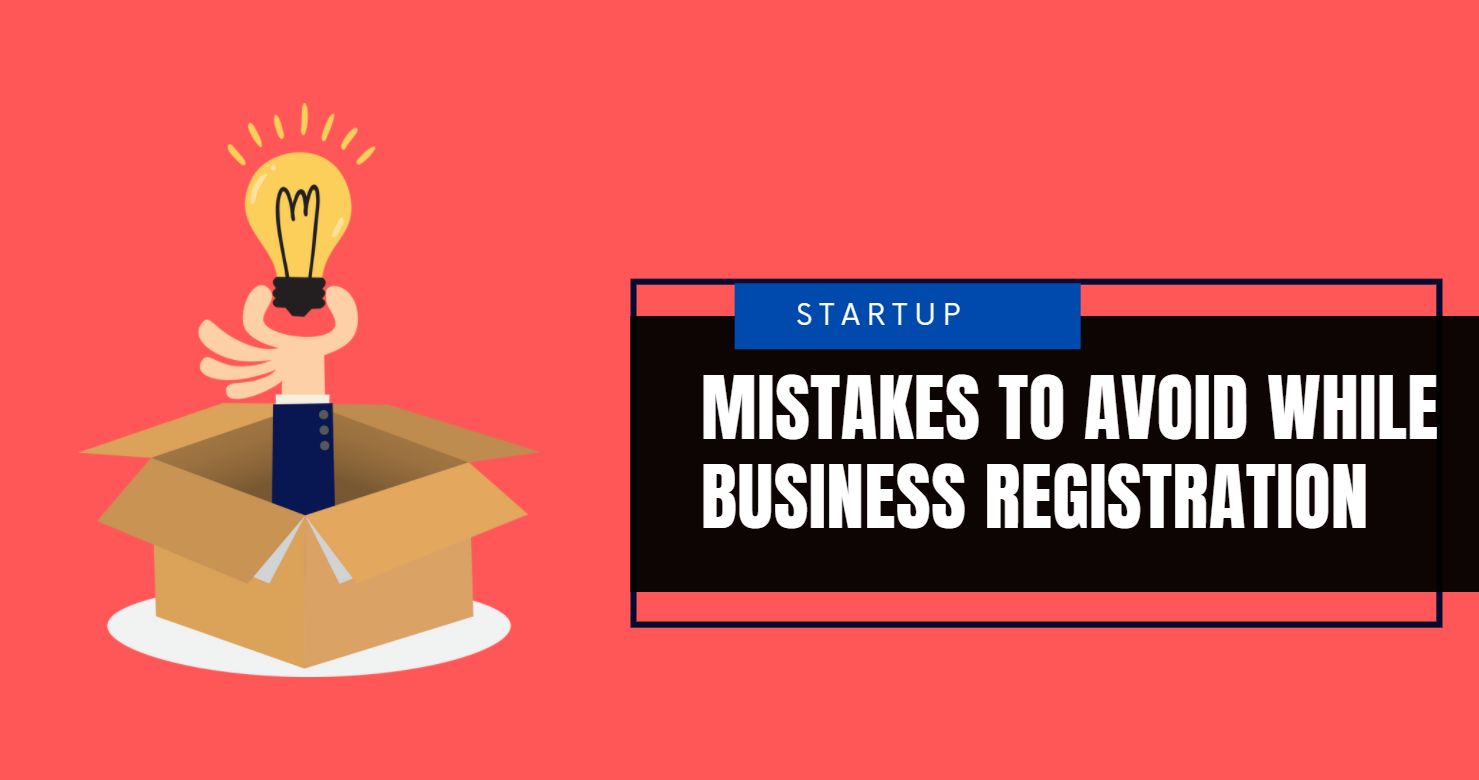
FIVE Crucial Elements for a Successful Brand Name
One of the most significant components of brand identification is a brand name, which is also one of the most difficult aspects of launching a firm. Before you can construct a brand identity, you must first grasp what a brand name is and how to create one. In this article, we’ll look at the fundamental components of a successful brand name. Use these suggestions to help you get started on the road to success.
With millions of businesses and start-ups vying for attention, developing and effectively marketing a great brand name is important if you want to set yourself apart from the competition.
Let’s take a look at each one individually now.
-
Set yourself out from your competitors.
You must stand out and differentiate yourself from your competitors if you want to establish a brand in the market.
Did you know that 77% of purchases are made based on a brand rather than a specific product? To develop a successful firm, you must first create a well-known brand.
Choosing the proper name for your company is similar to naming your child. It must be one-of-a-kind, yet it must also be basic and readily identifiable. A solid brand name distinguishes your company and sets it apart from competitors who offer comparable products or services.
You have several options when picking a brand name for your business or start-up:
- Using the founder’s name humanizes your brand and makes it more relatable. Tata, Mahindra, and Godrej are three examples.
- Use words in unusual ways: you can choose an unusual method to use a common term. Shopify is one example.
- Come up with a new word. Many brands have found success with this strategy. Google and Ikea are two examples.
- Choose a name that is descriptive. Tata Motors and Toys R Us are two examples.
Get imaginative with your name, but keep in mind that it should resonate with your target demographic.
-
Tell Your Tale
Customers relate to businesses when they can relate to their stories. Customers must feel as if they are purchasing a piece of the tale when they purchase your goods or service. Make your story an integral part of who you are and what you do. You gain trust and win if your story resonates with the target buyer.
Every day, people are bombarded with ads. As a result, standing out and attracting attention is becoming increasingly challenging. Stories, on the other hand, keep people interested and captivated. Your brand’s name and story are a way of demonstrating, not telling, what your company has to offer.
Apple is a fantastic illustration of this!
The tale of Steve Jobs was crucial in establishing the brand’s legitimacy and affection. Apple products gained popularity through him as long as he was alive and well.
-
Be genuine
Being honest and real is what brand authenticity is all about. As a result, you must be honest about your mission and ideals while naming your company. Your policies must be open to the public, and you must establish an emotional bond with your clients.
Authenticity has just been a marketing trend. Your customers want to know everything there is to know about the product or service they are buying. They want to know if they can trust your firm and if your brand is genuine.
You can tarnish your brand’s reputation if, your brand name doesn’t reflect what it stands for. So, when it comes to establishing a business, think of a name that is both original and authentically you. Think about the following:
- What do we consider to be our most important values?
- What are our motivations for doing so?
- How do we distinguish ourselves from our competitors?
- How do we define ourselves?
- Is there a backstory behind the brand’s name?
- Does it appear to be a good match for our company?
- Is it one-of-a-kind in any way?
- Is a trademark required for this?
- How would you describe our company in a few words?
Consider the case of Dove.
Dove defied the beauty industry’s trend of exploiting anxieties and causing anxiety in order to sell its products.
“Beauty should be a source of confidence, not fear,” says Dove’s mission statement and, it’s because of this that they stand out.
4. Pick something that is more widely accepted.
Finding the perfect brand name for your company can make all the difference in its success. In your marketing and branding activities, having a unique and widely identifiable name can be incredibly beneficial. Keep it simple, short, original, flexible, and easy to say when creating a memorable brand name.
A brand name that entices clients’ interest and encourages them to inquire further is the greatest way to start a relationship with them. Brand names like these are easy to remember and promote through word of mouth.
Here are some pointers on how to come up with a memorable brand name:
- Come up with a catchy brand name for your product or service.
- Come up with a unique name.
- It must be simple to spell, say, and recall, as well as have significance.
- It should be spelled exactly as it is said.
- Pick a name for your company that entices people’s interest.
- Choose a name that is distinct from that of your opponent.
- Double-check that it doesn’t have any ambiguous meanings in other languages.
Pee Cola is a popular carbonated beverage in Ghana. It simply means “extremely nice Cola” in their language, but picture them extending to English-speaking countries!
5. Consider factors for future expansion
One of a company’s most important assets is its brand name. It’s how people remember, understand, and refer to your company. It’s the only way they’ll come to believe in it. Furthermore, while it is simple to name a brand that is successful right now, it is also critical to consider your company’s future growth.
Over time, companies and brands change. So, when thinking about brand names, think of ones that won’t go out of style quickly and will go in with the whole picture.
Alternatively, you could wind up like Colgate, which failed to enter the frozen food business. Colgate has such a strong association with oral hygiene products that people couldn’t accept anything else.
These items were not only a flop, but they also caused the company’s earnings to plummet, forcing them to stop selling them.
To put it another way, your company’s brand name and identity may make or kill it. Before you choose a name, give it some thought and have it trademarked as soon as possible to protect it. VERSLAS GURU is here for you if you’re seeking a simple and reliable solution to get your trademark.
Share This post!

FIVE Crucial Elements for a Successful Brand Name
One of the most significant components of brand identification is a brand name, which is also one of the most difficult aspects of launching a firm. Before you can construct a brand identity, you must first grasp what a brand name is and how to create one. In this article, we’ll look at the fundamental components of a successful brand name. Use these suggestions to help you get started on the road to success.
With millions of businesses and start-ups vying for attention, developing and effectively marketing a great brand name is important if you want to set yourself apart from the competition.
Let’s take a look at each one individually now.
-
Set yourself out from your competitors.
You must stand out and differentiate yourself from your competitors if you want to establish a brand in the market.
Did you know that 77% of purchases are made based on a brand rather than a specific product? To develop a successful firm, you must first create a well-known brand.
Choosing the proper name for your company is similar to naming your child. It must be one-of-a-kind, yet it must also be basic and readily identifiable. A solid brand name distinguishes your company and sets it apart from competitors who offer comparable products or services.
You have several options when picking a brand name for your business or start-up:
- Using the founder’s name humanizes your brand and makes it more relatable. Tata, Mahindra, and Godrej are three examples.
- Use words in unusual ways: you can choose an unusual method to use a common term. Shopify is one example.
- Come up with a new word. Many brands have found success with this strategy. Google and Ikea are two examples.
- Choose a name that is descriptive. Tata Motors and Toys R Us are two examples.
Get imaginative with your name, but keep in mind that it should resonate with your target demographic.
-
Tell Your Tale
Customers relate to businesses when they can relate to their stories. Customers must feel as if they are purchasing a piece of the tale when they purchase your goods or service. Make your story an integral part of who you are and what you do. You gain trust and win if your story resonates with the target buyer.
Every day, people are bombarded with ads. As a result, standing out and attracting attention is becoming increasingly challenging. Stories, on the other hand, keep people interested and captivated. Your brand’s name and story are a way of demonstrating, not telling, what your company has to offer.
Apple is a fantastic illustration of this!
The tale of Steve Jobs was crucial in establishing the brand’s legitimacy and affection. Apple products gained popularity through him as long as he was alive and well.
-
Be genuine
Being honest and real is what brand authenticity is all about. As a result, you must be honest about your mission and ideals while naming your company. Your policies must be open to the public, and you must establish an emotional bond with your clients.
Authenticity has just been a marketing trend. Your customers want to know everything there is to know about the product or service they are buying. They want to know if they can trust your firm and if your brand is genuine.
You can tarnish your brand’s reputation if, your brand name doesn’t reflect what it stands for. So, when it comes to establishing a business, think of a name that is both original and authentically you. Think about the following:
- What do we consider to be our most important values?
- What are our motivations for doing so?
- How do we distinguish ourselves from our competitors?
- How do we define ourselves?
- Is there a backstory behind the brand’s name?
- Does it appear to be a good match for our company?
- Is it one-of-a-kind in any way?
- Is a trademark required for this?
- How would you describe our company in a few words?
Consider the case of Dove.
Dove defied the beauty industry’s trend of exploiting anxieties and causing anxiety in order to sell its products.
“Beauty should be a source of confidence, not fear,” says Dove’s mission statement and, it’s because of this that they stand out.
4. Pick something that is more widely accepted.
Finding the perfect brand name for your company can make all the difference in its success. In your marketing and branding activities, having a unique and widely identifiable name can be incredibly beneficial. Keep it simple, short, original, flexible, and easy to say when creating a memorable brand name.
A brand name that entices clients’ interest and encourages them to inquire further is the greatest way to start a relationship with them. Brand names like these are easy to remember and promote through word of mouth.
Here are some pointers on how to come up with a memorable brand name:
- Come up with a catchy brand name for your product or service.
- Come up with a unique name.
- It must be simple to spell, say, and recall, as well as have significance.
- It should be spelled exactly as it is said.
- Pick a name for your company that entices people’s interest.
- Choose a name that is distinct from that of your opponent.
- Double-check that it doesn’t have any ambiguous meanings in other languages.
Pee Cola is a popular carbonated beverage in Ghana. It simply means “extremely nice Cola” in their language, but picture them extending to English-speaking countries!
5. Consider factors for future expansion
One of a company’s most important assets is its brand name. It’s how people remember, understand, and refer to your company. It’s the only way they’ll come to believe in it. Furthermore, while it is simple to name a brand that is successful right now, it is also critical to consider your company’s future growth.
Over time, companies and brands change. So, when thinking about brand names, think of ones that won’t go out of style quickly and will go in with the whole picture.
Alternatively, you could wind up like Colgate, which failed to enter the frozen food business. Colgate has such a strong association with oral hygiene products that people couldn’t accept anything else.
These items were not only a flop, but they also caused the company’s earnings to plummet, forcing them to stop selling them.
To put it another way, your company’s brand name and identity may make or kill it. Before you choose a name, give it some thought and have it trademarked as soon as possible to protect it. VERSLAS GURU is here for you if you’re seeking a simple and reliable solution to get your trademark.





